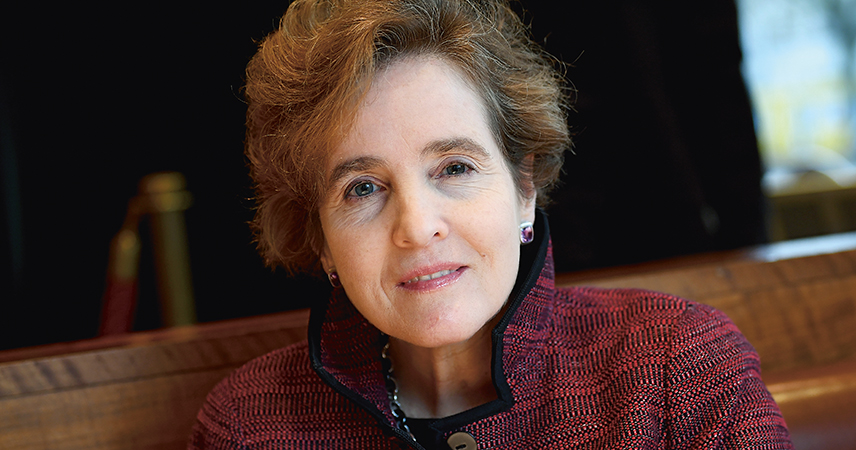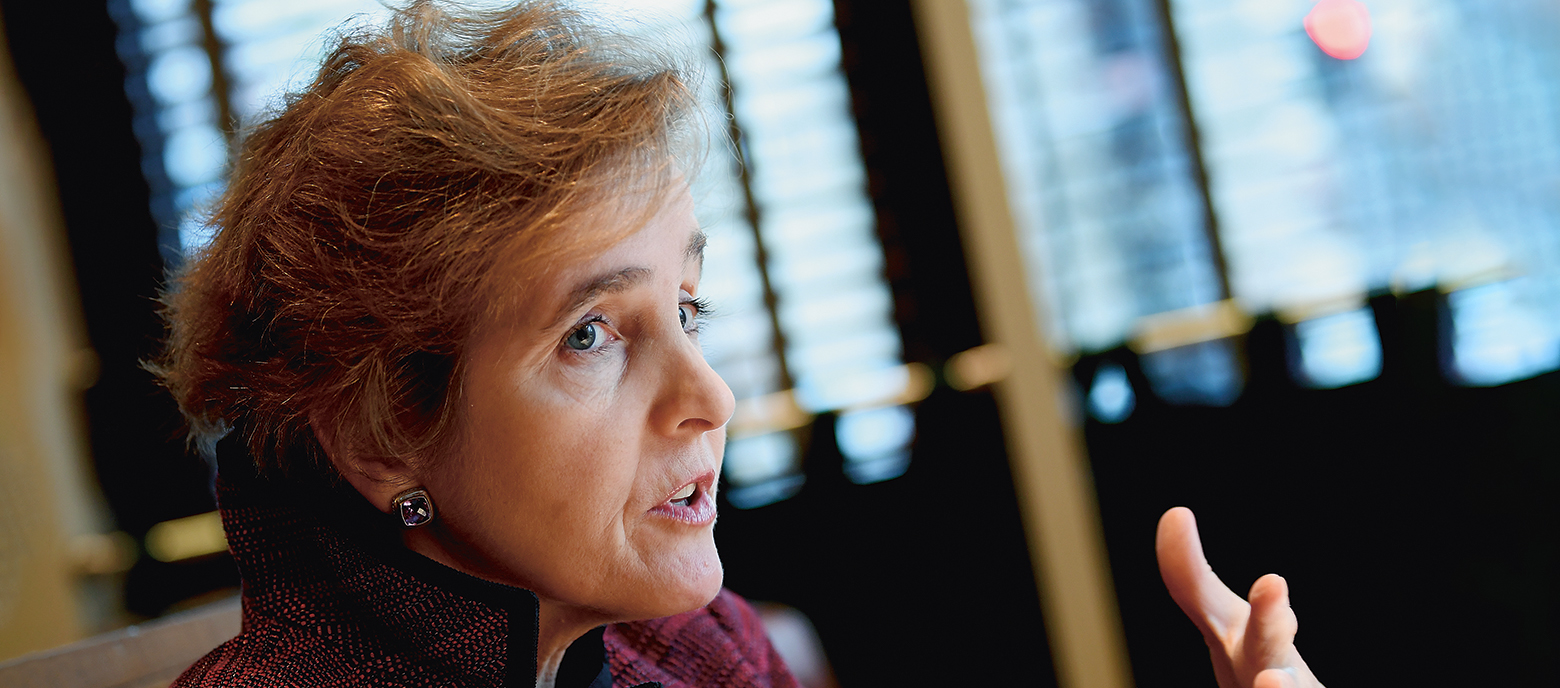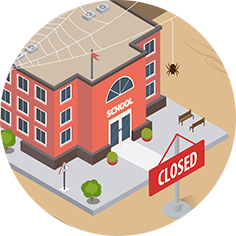Interview Education
‘Children are eager to return to school’
The COVID-19 pandemic is a setback for education almost everywhere in the world. What are some of the most serious consequences resulting from it?The pandemic has created the biggest disruption to education that we have ever seen. At its peak, 1.6 billion children were out of school, nearly half of them in lower-income countries. The world’s most vulnerable children and youth have been the hardest hit by the pandemic, and we have seen how COVID-19 has already exacerbated existing inequalities. Hundreds of millions of children who rely on school meals have been left without a reliable source of daily nutrition and the pandemic may push more than 100 million people into extreme poverty. We also know that the longer children are out of school, the more likely they are to never return. As many as 20 million girls are at risk of dropping out of school due to early marriage and teenage pregnancy, and millions more children may be forced into child labour to help support their families.
‘In the long run, investing in education supports the development of peaceful and inclusive societies.’
What does that mean for the social cohesion of societies?
Schools not only provide children with a safe, caring and conducive environment for learning. They can also provide them with critical thinking skills, the ability to work with others and solve problems – vital tools for success in an increasingly globalised world. In the long run, investing in education helps build peaceful and inclusive societies. The stronger and more equitable a country’s education system, the more its children will learn now and earn in the future. For many children, school is far more than a place of learning. Beyond education, schools are lifelines that provide meals, health services, safety – and the hope of a brighter future.
Are the objectives of Sustainable Development Goal (SDG) 4 still realistic?
It is true that COVID-19 has had a major impact around the world, jeopardising all of the SDGs. That’s why we are working with partner countries to transform education systems and effect long-term change for children. If we want all children to complete free primary and secondary education, for example, the government needs a comprehensive and inclusive education sector plan that aligns the efforts of all education partners. Only by working together can we achieve the objectives set out in SDG 4.

What steps need to be taken as quickly as possible in order to get back on track?
Governments need to ensure that the link to education and schooling remains intact. While schools are closed, children still need to be able to learn, and they should feel motivated to return to school once they reopen. To help countries respond to the education needs brought about by COVID-19, the Global Partnership for Education provided more than half a billion USD in grants to 66 partner countries. Funds have been used to provide children with remote alternatives such as radio, television and paper-based learning materials, and to train teachers on new learning methodologies and equip schools to reopen safely.
Everybody is talking about building back better after the pandemic. What role should education play in this?
As countries develop and implement their COVID-19 recovery and response plans, education must stay at the top of the list. By reopening schools, countries can get back on track and provide children with a much-needed sense of normality. Investing in education helps lift communities out of poverty and protects the most vulnerable children from being left behind. Every child should have the opportunity to learn, and education is the single best investment we can make for a more sustainable, peaceful and resilient future.
‘Development cooperation is essential to ensuring that countries can build effective and efficient education systems.’
What could be done in this context to make education systems more resilient, also regarding future shocks?
To bounce back from COVID-19, governments must ensure education systems remain a political and financial priority. Domestic education budgets need to be protected as governments manage limited resources resulting from the economic consequences of the pandemic. It also involves ensuring schools integrate distance learning options for the long-term, develop proper WASH facilities in schools and provide teachers with the skills to adapt to new learning methods. By strengthening education systems, governments can ensure they remain responsive to future crises.
How important is development cooperation in strengthening education systems?
Development cooperation is essential to ensuring that countries can build effective and efficient education systems. Through better coordinated efforts in the education sector, donors can help accelerate progress towards the provision of quality education for all children. At the same time, real change needs to be driven by national governments, and international aid should support and incentivise country-led reforms. In July, we hosted the Global Education Summit and asked world leaders to #RaiseYourHand and pledge at least five billion USD to help transform education systems in up to 90 countries and territories.
Was there anything that impressed you personally in terms of education during the COVID-19 crisis?
When I talk to students about how COVID-19 has impacted their education, the one thing I regularly hear is how eager they are to return to school. Children everywhere understand how important education is to their future. It can lift them out of poverty, help them find a job and allow them to become active and engaged members of society. Every child deserves the opportunity to learn and gain the skills to achieve their dreams.
published in akzente 2/21
Learning for the future
Essay Education
Learning from the pandemic
Background Education
Light and shade
Infografic Education



